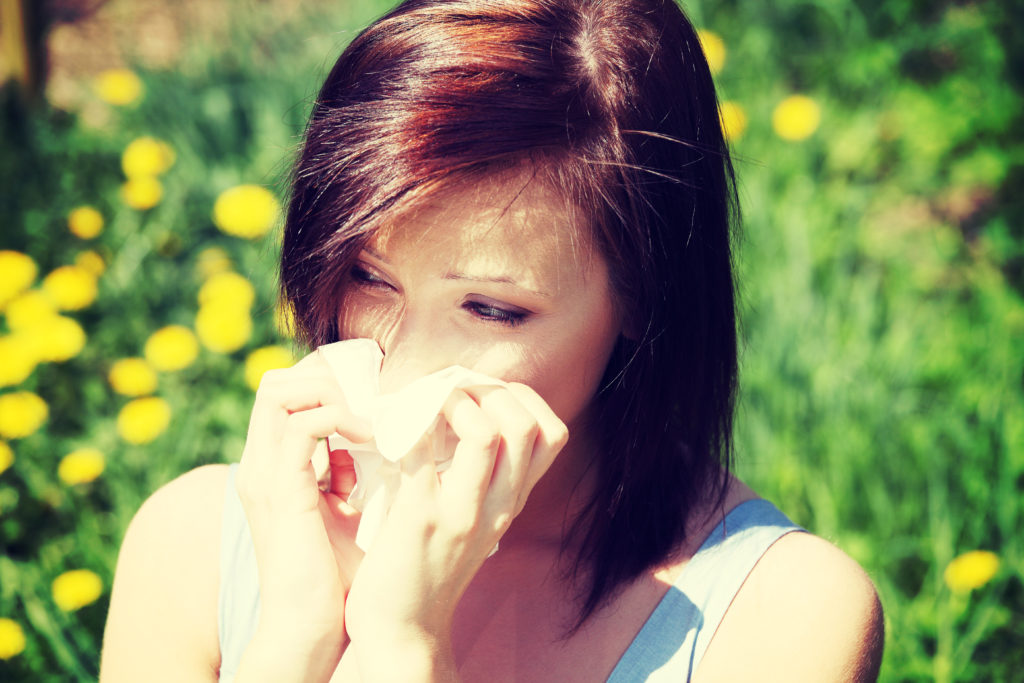Discover six ways clean air affects your health and why you should reduce or eliminate exposure to contaminants as much as possible.
You probably don’t do much thinking about the quality of air in your home and how it might be affecting your health. It’s not unusual because the government mandates what kind of materials are to be used in the products we use in our indoor and outdoor environments, and they’re all supposed to be safe. That means no asbestos for insulation, no lead in the paint or gasoline, filtration plants for water, and air quality controls for power plants and industrial operations. Even with all of these precautions, you are still exposed to toxic air on a daily basis even though you might not realize it. Following are six ways clean air affects your health and why you should reduce or eliminate exposure to contaminants as much as possible.
Lung Function
When you breathe, you draw in everything that is in the surrounding air. Dust, pollution, irritants, and chemicals are some things that can be in your vicinity at any given time. They enter your lungs whenever you take a breath. Lungs have a filtration system that is designed to prevent most of these from getting into the circulatory system, but repeated exposure can diminish that function. Repeated inflammation and damage in the lungs can result in scar tissue that reduces airflow and impacts quality of life.
One method to reduce exposure is to pay attention to air quality alerts and take appropriate action. Don’t have time to follow the news for alerts? Get an air quality alert app such as BreezoMeter to receive phone alerts anywhere you happen to be.
Allergies

Allergies are caused by an immune system response to certain foreign bodies in the bloodstream. The immune system mobilizes histamines which go after the allergen and cause itchy eyes, runny nose, headaches, and other discomforts. While you might default to dust and pollen as common allergens, you may not be aware that it’s possible to have allergies to air pollution from cars and power plants. That means if you work in a dense urban environment, you’re exposed to things that can stimulate a histamine response.
Take steps to limit exposure by using an app like WebMD Allergy which helps you map out a daily allergy forecast or Allergy Alert from Pollen.com to get alerts for high pollen counts.
Sleep Cycles

Allergies and pollution play a role in how well people sleep. The more polluted the air around you is, the less likely you are to sleep well. Obstructive sleep apnea has been linked to exposure from pollutants from motor vehicles and power plants. Allergies cause discomfort and coughing which can occur while you’re sleeping, resulting in a night of broken sleep. Asthmatics also experience poor sleep due to lung constriction that leads to a lack of oxygen in the body as well as coughing, wheezing, and inability to draw a full breath.
Increased Risk of Cancer
Secondhand smoke has long been implicated as a cause of lung cancer for non-smokers, but it’s not the only culprit. Simply going outdoors exposes you to air pollution from a diverse range of sources. If you live near a power generating plant, you could be exposed to harmful irritants. Or if you work in environmental services handling cleaning chemicals, you could be undergoing damage from the odors emitted by the cleaning products.
The World Health Organization has officially classified the air we breathe as being carcinogenic to humans. In 2010, it was found that 223,000 lung cancer deaths around the world were the result of air pollution. That’s far more than the 41,000 lung cancer deaths caused each year by secondhand smoke.
Cardiovascular Issues

Secondhand smoke and pollution have a direct link to cardiovascular disease. These irritants have the potential to damage the lining of the blood vessels and make blood platelets stickier than usual. The end result is increased potential for blood clots which can break off and flow towards the heart, lungs, and brain. A clot in any of these locations can cause an adverse cardiac event that may result in death.
A weakened cardiovascular system leads to poor heart and lung function over time and also increases the risk of a heart attack or stroke. The signs typically show up long before the event, but the decline is gradual and may not be noticeable. Undergoing annual physical exams can result in early diagnosis and treatment of cardiovascular disease and reduce the risk of a cardiac event.
Chronic Diseases
Exposure to poor air quality can lead to chronic respiratory diseases even in those who are not predisposed to asthma or COPD. Air pollution can damage the lungs over time and results in a lessened ability to separate oxygen from the air, then transmit it to the bloodstream. In other words, air pollution can cause the onset of asthma and COPD in people who would not otherwise normally experience these diseases. Chronic bronchitis can also develop and become difficult to treat, much less resolve. COPD and asthma are irreversible once they start and last throughout the lifetime of someone who’s affected.
It’s impossible to control the quality of the air that surrounds you whenever you’re outdoors. It’s easier when indoors because you can take steps to reduce irritants and pollutants through the use of air filters and changing the products you use. When you go outside, pay attention to air quality alerts, pollen counts, and commentary on how “breathable” the air is. Stay indoors as much as possible on days where everything is high, use pollution masks to protect your lungs, and limit exposure. Put your health first and protect your lungs from damage.
The contents of the Venta blog are intended for informational purposes and are not intended to replace the advice of health and medical professionals. Always refer to your physician or other qualified healthcare professional for questions or concerns you may have about your health and wellness.
